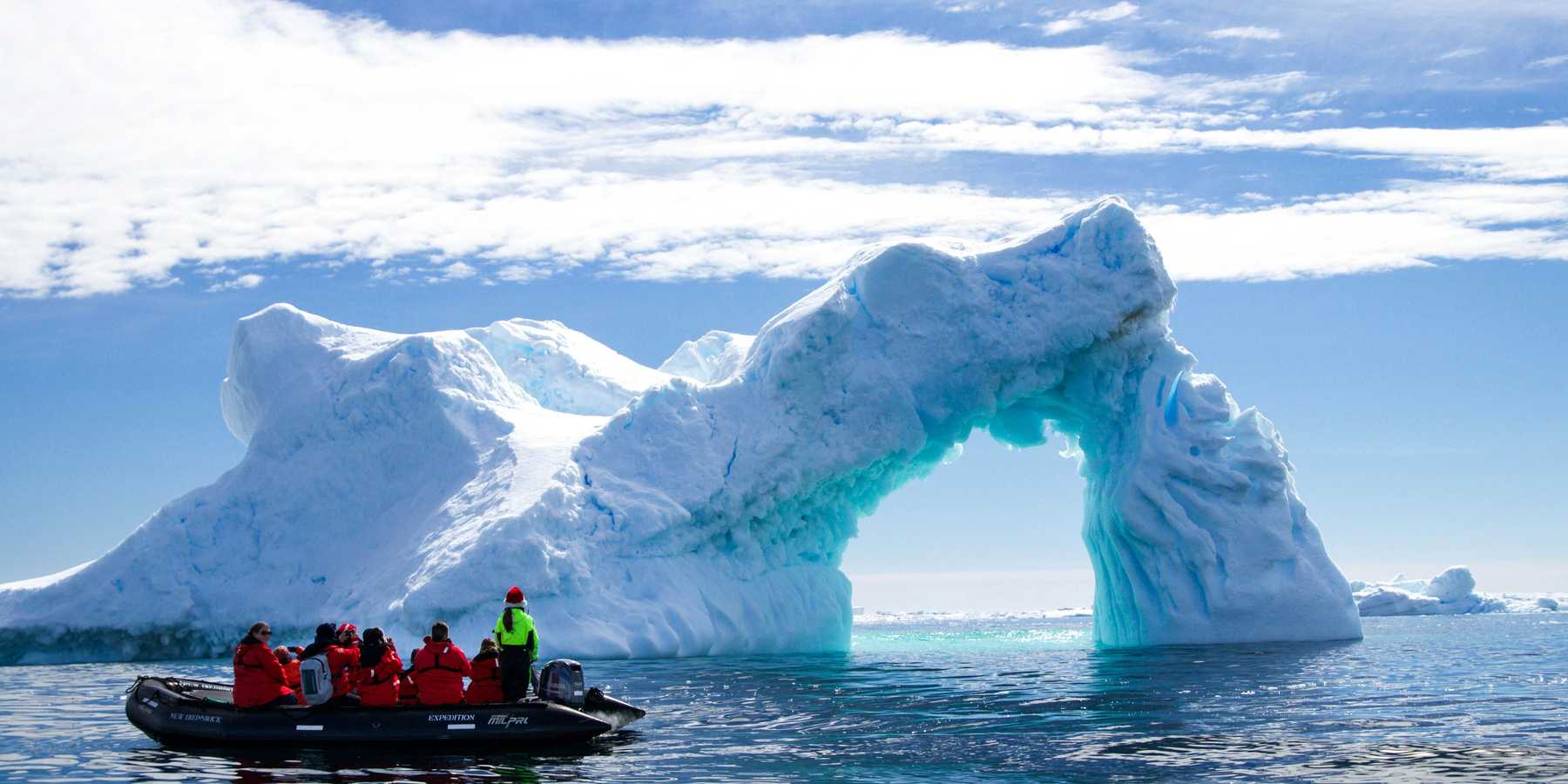
Antarctica’s shrinking sea ice could accelerate global warming and disrupt marine ecosystems
Rapid sea ice loss in Antarctica could trigger long-term climate feedbacks and harm marine life even if global emissions are curbed, according to a new study.
Jenipher Camino Gonzalez reports for Deutsche Welle.
In short:
- Scientists say Antarctic sea ice may be approaching a tipping point, with the continent potentially losing most of its summer sea ice before the Arctic, accelerating regional and global warming.
- Loss of sea ice is already disrupting ocean currents, reducing the ocean's ability to absorb carbon dioxide and amplifying the effects of climate change.
- Marine species such as emperor penguins and krill, which depend on sea ice, are at increased risk of extinction, along with phytoplankton that help regulate the Earth's carbon balance.
Key quote:
"Once we start losing Antarctic sea ice, we set in train this self-perpetuating process. Even if we stabilize the climate, we are committed to still losing Antarctic sea ice over many centuries to come."
— Nerilie Abram, chief scientist at the Australian Antarctic Division
Why this matters:
Antarctica's sea ice plays a critical role in regulating Earth’s climate by reflecting sunlight and insulating the ocean. As ice melts, darker ocean water absorbs more heat, speeding up warming. Melting sea ice also disrupts global ocean currents, which move heat and nutrients around the planet, and reduces the ocean’s capacity to absorb carbon dioxide. That makes climate change harder to slow. Meanwhile, the fragile Antarctic ecosystem depends on sea ice for survival. Species like krill — tiny crustaceans that underpin much of the ocean food web — thrive beneath it, while animals like emperor penguins breed on top of it. When ice vanishes, these species face collapse, threatening biodiversity and ocean health across the globe.
Read more: Melting ice and microplastics signal deepening disruption in Antarctica’s climate system













